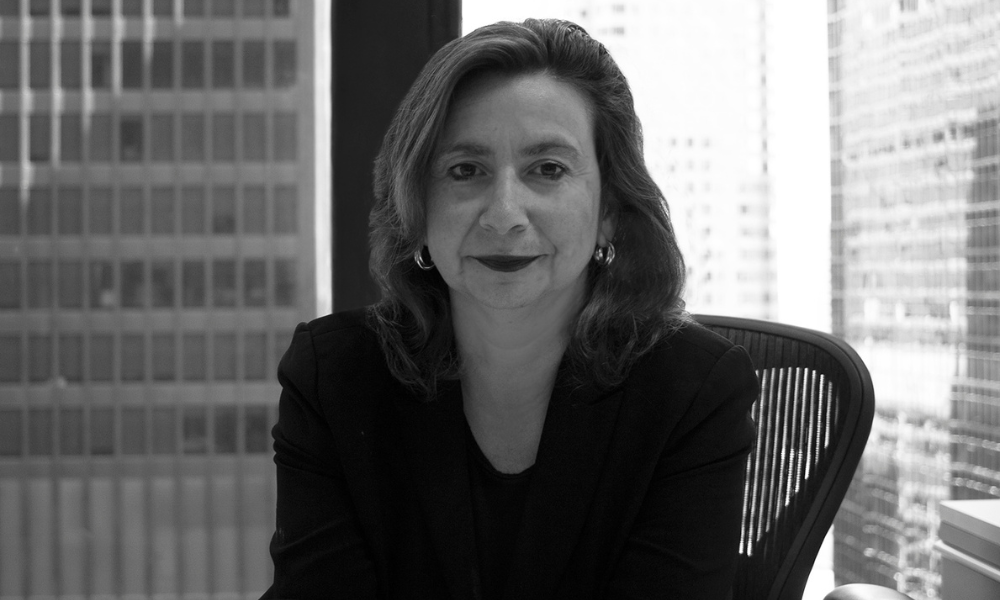CEO says merger will ultimately be judged from client perspective

When the Canadian Securities Administrators (CSA) develops the new self-regulatory organization (SRO), it must address investor needs with minimal bureaucracy and disruption while maintaining industry expertise, according to one industry association.
“For the ultimate consolidation to be a success, it has to provide a better investor experience,” Laura Paglia, president and chief executive officer of the Investment Industry Association of Canada (IIAC), told Wealth Professional.
“It should provide a way for investors to move seamlessly amongst platforms. There should be no disruptions for the advisors who are currently licensed through the MFDA (Mutual Fund Dealers Association of Canada) only and have been successfully servicing their clients in that important distribution channel. Similarly, for those advisors who are doing the same through IIROC (Investment Industry Regulatory Organization of Canada). When we say seamless, investors should be able to move among platforms without confusion and without difficulty. That’s the test for success.
“For those advisors who sell mutual funds and have been deemed proficient by the MFDA, there should be no change because they’ve been serving their investors’ needs appropriately.”
The CSA is developing a single SRO which will merge the MFDA and IIROC. Paglia was commenting on the two staff notices and requests for comment that CSA issued: 25-304 Application for Recognition of New Self-Regulatory Organizations and 25-305 Application for Approval of the New Investor Protection Fund.
“This is an entire SRO system from an advisor perspective for their clients. It should, ultimately, all be judged from the client experience. It should provide a seamless way to move from platform to platform at a practice level,” she said, noting that means the CSA will need to remove barriers and merge the platform technologically as well as put the SRO rules in place without unnecessary administration or cost and without causing confusion for investors.
“The point of this was that we don’t want multiple regulators doing the same thing. So, we have advocated for not fettering the discretion of this new SRO and giving it a chance to grow and establish itself because both IIROC and MFDA are established regulators,” she said.
She added that before the new system comes into place, now expected in in January, IIAC wants reasonable consultation and implementation timelines, and “we want a truly new, fresh, consolidated SRO as opposed to two separate systems coexisting with no real change and administration attached to anyone who’s trying to combine their platforms. That’s the goal.”
Paglia said IIAC is also concerned about the CSA’s proposals that contemplate a new registration category for merged corporate entities, which IIAC does not believe is necessary. She said dealers whom MFDA and IIROC have licensed do not require a new registration category with additional approval requirements for the combined dealer.
“This is about merging platforms, not creating new registration categories,” said Paglia. “It’s about bringing things together. So, what the new SRO should do is make that a very sensical and attractive option for the dealer community to do. And we’ve provided comments to the CSA about how this could be simplified for the benefit of everyone.”
In its feedback, IIAC also said the new SRO “must remain informed by industry, which has a keen, front line, and deep understanding of the investor needs it services". It wants the CSA to ensure industry board members reflect the market and that a clear advisory mandate for its regional councils be formed through further member consultation. IIAC has also recommended that the new SRO’s board ensures that its advisory committee(s) reflect the various dealer models’ executive leadership to provide the new board with a valuable resource.



